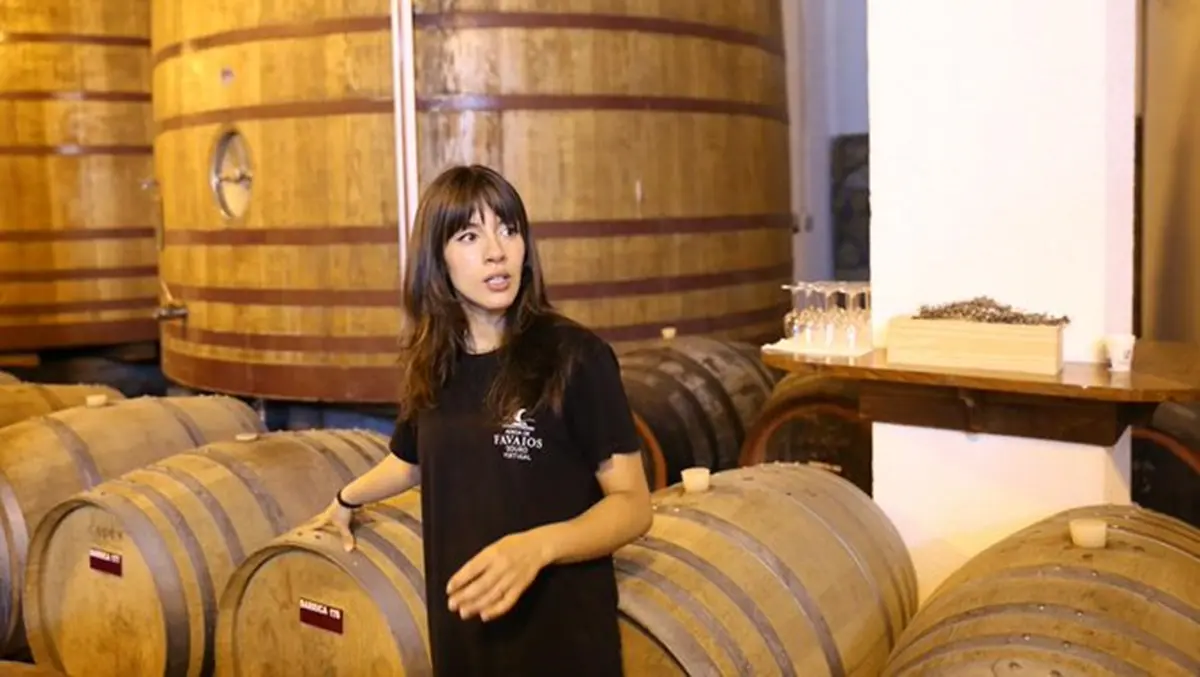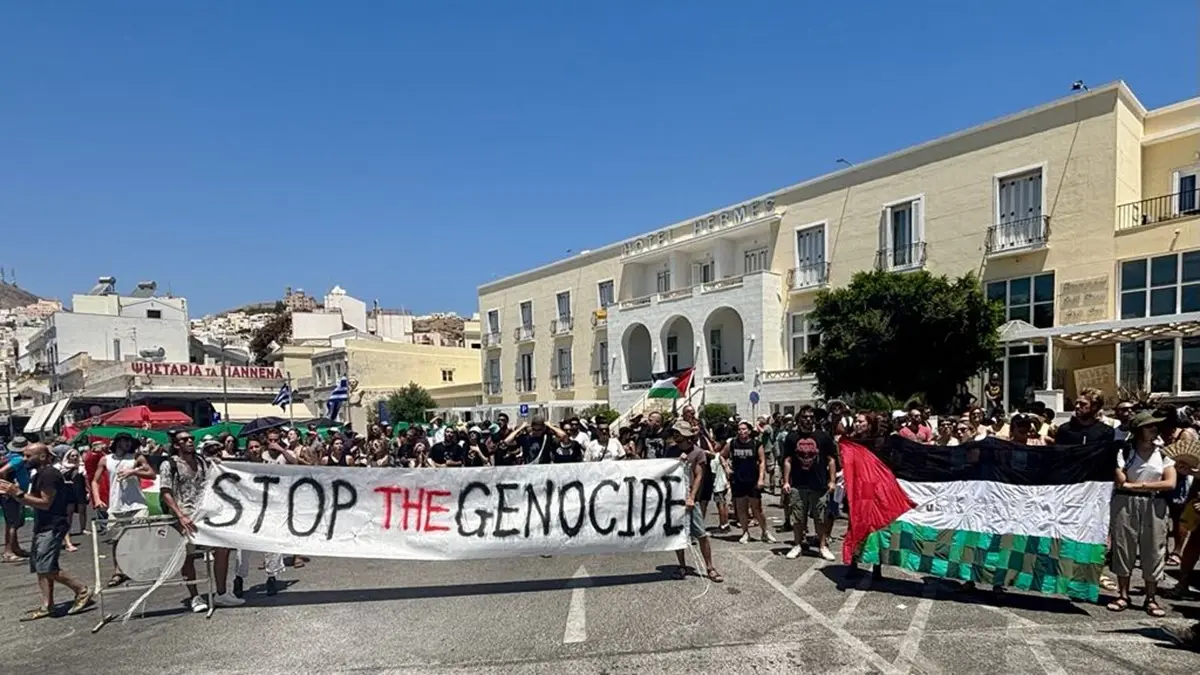Portuguese March Against Racism and Xenophobia on Anniversary of 1995 Killing

Anti-racism march in Lisboa, Portugal, June 10, 2025. X/ @EsquerdaNet
June 10, 2025 Hour: 12:51 pm
Thirty years later, the situation is similar as impunity continues, SOS Racismo spokesperson pointed out.
On Tuesday, thousands of Portuguese took to the streets of Lisbon to protest racism and xenophobia, marking the 30th anniversary of the racist killing of a young Portuguese man of Cape Verdean descent by a group of skinheads.
RELATED:
The march began on Rua Garrett in Baixa Chiado, the heart of the capital and the site where Alcindo Monteiro was brutally murdered by a neo-Nazi group in 1995. Protesters carried signs with messages such as “Equal rights and papers for all.”
“Thirty years later, the situation in Portugal is similar. Impunity continues,” said Jose Falcão, spokesperson for SOS Racismo, one of the organizations supporting the demonstration.
He also noted that the far-right now holds 58 seats in Parliament after becoming the second-largest political force in May’s legislative elections.
The text reads, “On June 10, at 2:30 p.m. in Lisbon, there will be an event of mourning and tribute to the victims of racism and xenophobia in Portugal. The demonstration begins on Rua Garrett, the place where Alcindo Monteiro was brutally murdered by a neo-Nazist group in 1995.”
The ultranationalist party Chega and its leader, Andre Ventura, have promoted openly xenophobic rhetoric against the Roma community, which also joined Tuesday’s protest to denounce attacks suffered during the campaign and the climate of hatred fueled by Chega.
Falcão emphasized that immigrants must “have the same rights,” especially because they are “increasingly necessary at all levels,” including demographically: “This country is disappearing; neighborhoods were emptying out—now they have life again.”
Accompanied by drumming and chants against racism and xenophobia, the march proceeded to Largo do Carmo. Among the attendees were political leaders, including Rui Tavares of the Livre party, who called Monteiro’s murder “a crime that marked a generation” and criticized that some perpetrators “went on to enter politics and appear on television.”
“Portugal, at its best, is a country of coexistence and solidarity… but recent years have been harder because some political forces profit from hatred and division, fostering a generation of prejudice and racism,” Tavares said.
teleSUR/ JF
Source: EFE






